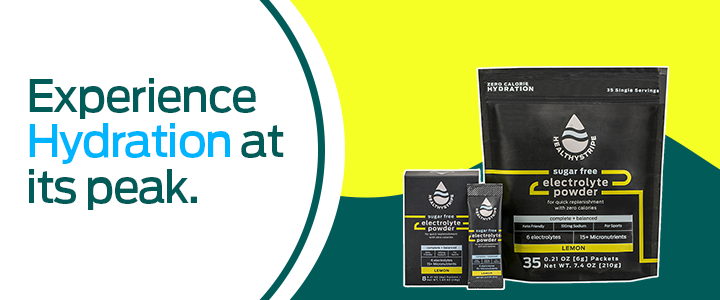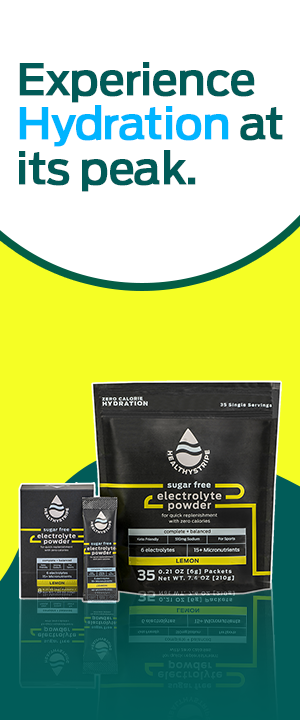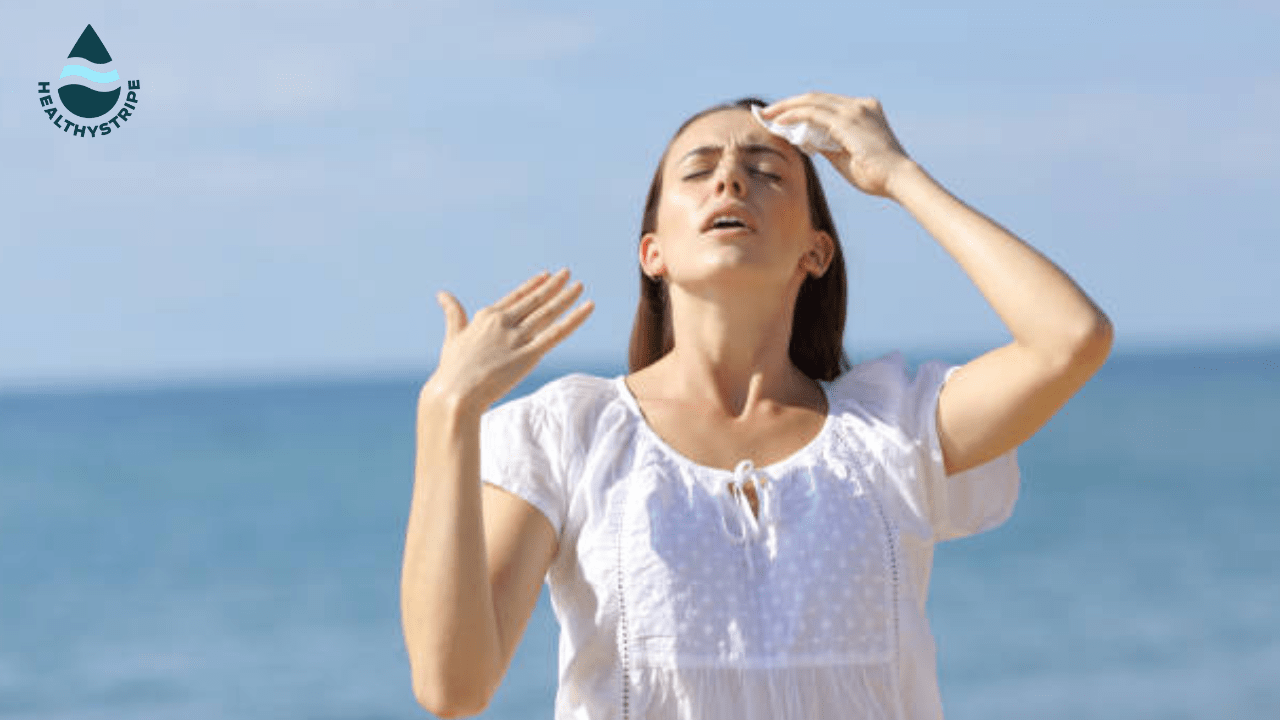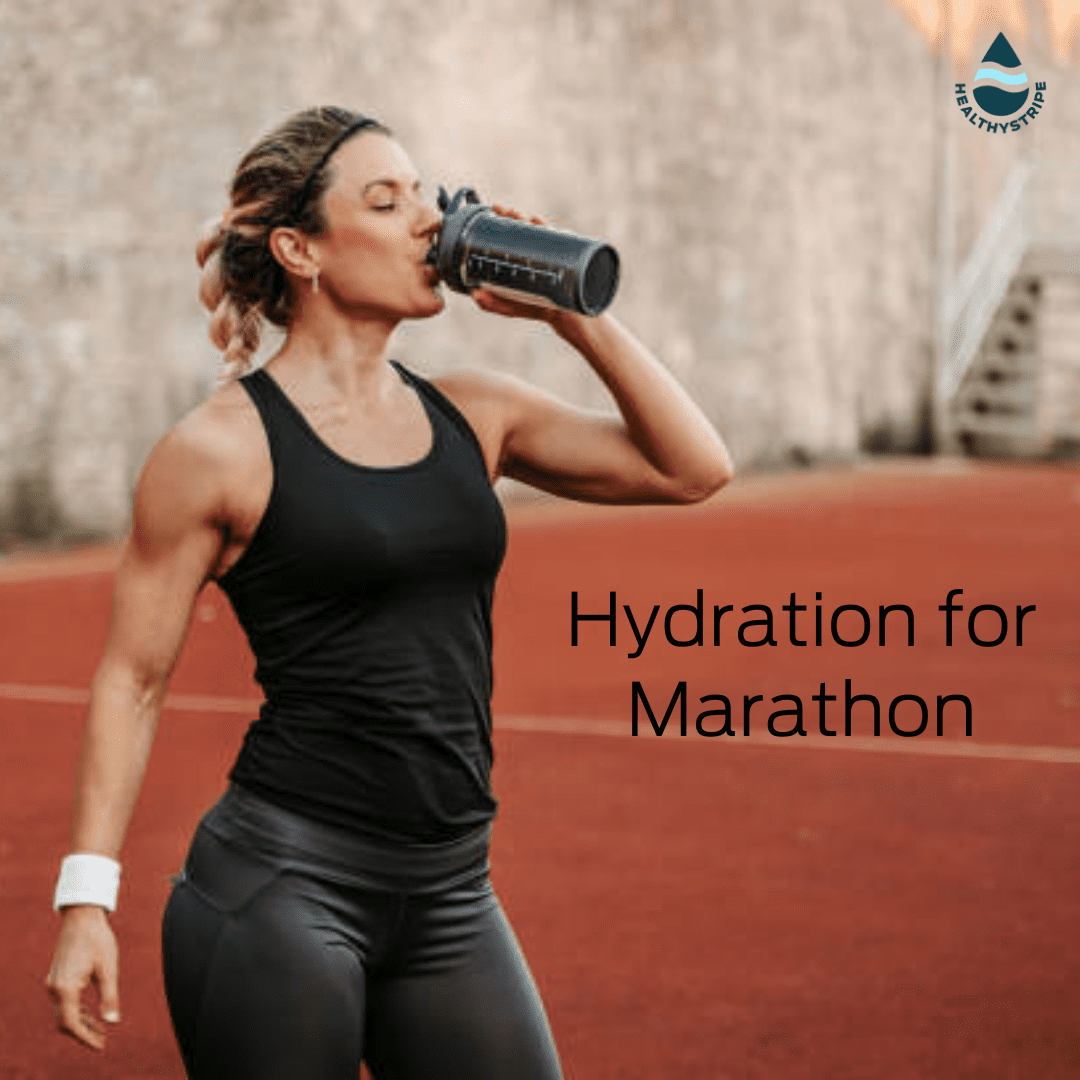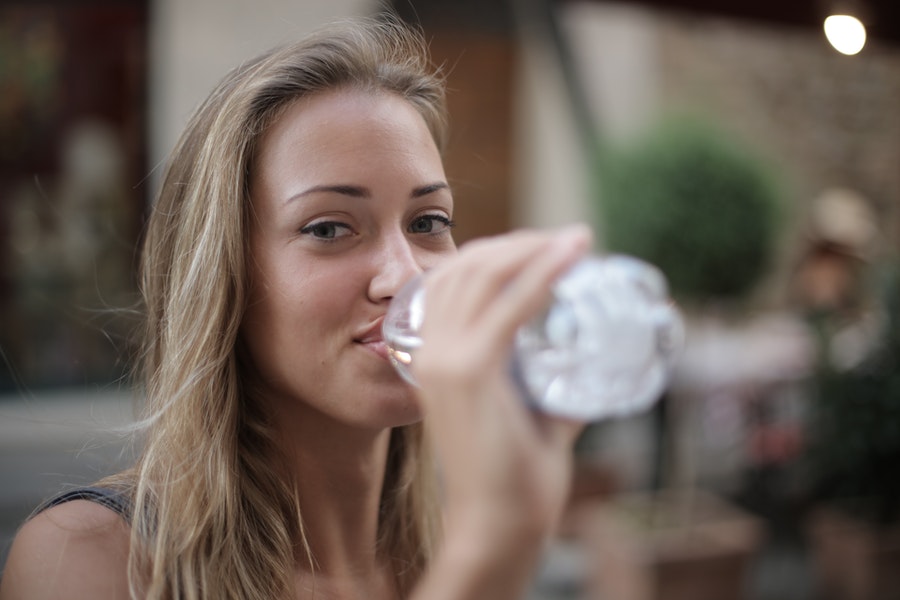
Hydration is a critical aspect of maintaining good health and overall well-being. The human body consists of approximately 60% water, and water plays a vital role in many of the body’s essential functions, including regulating body temperature, transporting nutrients, and removing waste.
Dehydration happens when the body loses more water than the water admissions.
Rehydration strategies such as consuming fluids, electrolyte supplements, and water-rich foods can help replace lost fluids and electrolytes.
In this article, we will explore the importance of hydration and discuss some effective strategies for rehydration.
how to get hydrated fast without drinking water, how to hydrate faster, and how to hydrate your body fast.
Understanding Dehydration
Lack of hydration is caused when the body loses more liquids than it takes in. When the body is dehydrated, it can lead to several symptoms, including thirst, dry mouth, fatigue, dizziness, headaches, and muscle cramps.
In more severe cases, it can cause confusion, rapid heartbeat, low blood pressure, and even seizures. It is crucial to have an idea about how to hydrate fast at home.
Certain age groups, such as young children and the elderly, are more vulnerable to dehydration and may need extra attention to ensure they are hydrated.
It is necessary to recognize the signs of dehydration, seek medical attention if symptoms become severe, and how to hydrate fast.
Methods for Rehydration
Rehydration involves replacing lost fluids and electrolytes to restore the body’s ideal fluid balance.
How to Hydrate Fast at Home?
1) Drinking water: Drinking water is an easy and effective way of rehydrating. Sipping small amounts of water after short intervals can be more effective than drinking too much water at once.
2) Oral rehydration solutions (ORS): ORS contains a specific balance of sugar, salt, and water, which helps replace lost fluids and electrolytes. ORS is beneficial for individuals who are experiencing dehydration due to diarrhea or vomiting.
Rehydration for Specific Situations
While rehydration is generally safe and necessary for individuals who are dehydrated, there are some precautions and possible side effects to be aware of and how to get hydrated fast.
1) Allergic reactions: Some individuals may be allergic to certain types of fluids, electrolyte supplements, or other rehydration products. If allergic reactions occur, stop using the product immediately and seek medical attention.
2) Digestive upset: Consuming large amounts of fluids or electrolyte supplements too quickly can lead to digestive upset such as bloating, cramping, or diarrhea.
3) Medication interactions: Some medications can interact with rehydration products or fluids, so it is important to consult with a healthcare professional before starting any new rehydration regimen.
4) Pre-existing medical conditions: Individuals with certain pre-existing medical conditions such as kidney disease, heart disease, or diabetes may need to take additional precautions or consult with a healthcare professional before starting a rehydration regimen.
Rehydration for Athletes
Athletes have unique rehydration needs, as they lose fluids and electrolytes through sweat during exercise. Here are some tips for rehydration for athletes:
Drink plenty of fluids before, during, and after exercise: It is important to start hydrating before exercise to ensure the body has enough fluids to perform. During exercise, aim to drink water or sports drinks every 15-20 minutes, and continue hydrating after exercise to replace lost fluids.
Use sports drinks during intense exercise: Sports drinks contain electrolytes such as sodium and potassium, which can help replace electrolytes lost during intense exercise. However, it is important to choose sports drinks that are low in sugar and calories.
Rehydration for Individuals with Illnesses such as Diarrhea and Vomiting
Patients who are dehydrated and are able to sit up and drink should be given an oral rehydration solution (ORS) right away. You should give the patient water, broth, or other fluids if ORS is not available. Juice, soft drinks, and sports drinks should not be offered as their high sugar content might aggravate diarrhea.
Before adding prepackaged oral rehydration salts, make ORS using safe water, which is water that has been heated or treated with home bleach or a chlorine product using the dosage advised in the product’s instructions.
The oral rehydration salts should be combined with 1 liter of clean water to create the solution.
Rehydration for Individuals at High Altitudes
High-altitude regions typically have very low humidity and are more exposed to factors like sun and wind, therefore evaporation of water from the body occurs in addition to increased water loss through breathing.
It’s simple to fool yourself into believing water isn’t being lost when you aren’t covered in perspiration, but trust us, it is.
How much fluid should you consume at a high altitude considering these elevated risks?
At high altitudes, the IAM advises consuming an additional 1-1.5 liters of water per day for a total of 3–4 liters. Ideally, those 3-4 liters would include 2-300 grams of carbs. Electrolyte supplementation is vital for any high-intensity activity, but it becomes much more critical at greater elevations.
Rehydration for Individuals with Excessive Sweating
Several sports beverages are created expressly to keep your body’s fluids and electrolytes when you’re perspiring a lot. Several drugstores also have electrolyte powder or pills that may be dissolved in a bottle of water.
Tips To Rehydrate Quickly
Here are five to rehydrate yourself quickly and maintain the fluid balance of your body.
1) Consume Hydrating Foods
I said that before and I will say it again- Go beyond plain water to match your optimum fluid requirements. Water makes up 80-99 per cent of certain foods. As a result, they are extremely hydrating. Some water-rich foods include:
- Watermelon
- Berries
- Lettuce
- Carrots
- Oranges
- Melons
- Grapes
- Spinach
Whatever fruit or vegetables you choose, aim for one and a half cups or two servings per day to replace a few of your regular 8-ounce glasses.
2) Catch up on ORS (Oral Rehydration Solution)
Oral hydration solutions are formulas that are used to prevent and cure dehydration of diarrhea or vomiting.
They’ve also been touted as a way to speed up exercise recovery and avoid or treat hangovers. These are water-based solutions that typically contain electrolytes such as sodium, chloride, and potassium, as well as sugar.
Apart from commercial ORS powders available, you can also make your own solution at home. All you need to do is mix 6 teaspoons of sugar and ½ teaspoon of salt in 1 litre of water. ORS drinks are one of the most effective ways to quickly rehydrate yourself recover the lost fluid and electrolytes.
3) Water
Although emphasizing the point of consuming sources beyond plain water to keep yourself hydrated, I cannot stress enough that water should be the foremost and primary hydration solution for you.
Water, unlike many other beverages, has no added sugars or calories, making it great to consume throughout the day or while rehydrating, such as after a workout.
Drinking water is usually enough to rehydrate most people. If you’re a salty sweater, make sure you replace both the sodium and the hydration you lose via perspiration with a well-balanced diet.
4) Consume Milk
To everyone’s surprise, research suggests that milk may be more effective than ordinary water at hydrating your body.
Buy low-fat or skim milk to get the greatest hydration. The fat in ordinary milk slows the body’s ability to replace fluids.
Milk’s high-quality protein also makes it an excellent post-workout beverage for kicking-starting muscle repair and regeneration.
To know more about how milk can be a great beverage for you, read Milk Nutrition Facts You Should Know Before You Drink.
5) Soups
Soups can help hydrate you and make your meal more full if eaten before a meal. The soup contains sodium and water, the rehydration’s powerful combination. Toss in some vegetables for a nutritional boost, and you’re set to go.
Why You Should Rehydrate?
The human body is almost 60-70% water. This is a clear indication as to why hydration plays a key role in overall health.
Maintaining the fluid and electrolyte balance of our body is very crucial to carrying out daily metabolic functions. If you are dehydrated, your body does not work efficiently and tends to go into fatigue and restlessness way too quickly.
Water is required for the proper functioning of every cell, tissue, and organ in your body. It aids in the regulation of body temperature, the lubrication of joints, the transfer of nutrients, the removal of waste, and the circulation of blood.
If you’re dehydrated, which occurs when you lose more fluids than you take in, your body won’t be able to accomplish these functions properly.
As a result, you will not be able to carry out daily activities and even surviving the day would feel like a heavy and strenuous task to accomplish.
According to experts, the average woman should drink 11 cups of water each day, while men should drink 16 cups.
Also, not all of the optimum hydration requirements need to come from plain water. There are many sources of hydration in the form of food and beverages which can be as effective for restoring the lost fluid and electrolyte stores.
You can have electrolyte drinks, homemade energy drinks, coconut water, and different kinds of water including flavoured ones, etc.
Precautions and Possible Side Effects
TIREDNESS
Your body requires fluids to effectively carry out its regular duties, hence water is essential. When you don’t give your body enough water, it works less effectively than it should and eventually slows down, much like a machine. So, in an effort to save energy, your body will make you feel more exhausted. Even if you got a full 8 hours of sleep, if you feel exhausted without any apparent explanation, it may just be that you’re dehydrated. You’ll feel more energized after downing a glass or two of water.
DIZZINESS
One of the telltale indicators of dehydration is low blood pressure and the related adverse effects. Your blood pressure may drop as a result of having less fluid in your system, which can induce dizziness or vertigo. In fact, even slight dehydration can cause nausea and dizziness, so keep water close by at all times.
HEADACHE
Did you know that your brain essentially resides in a fluid-filled sac within your skull? This prevents your brain from banging on the side of your skull, which might result in a variety of physical issues. Lack of water causes the body’s protective fluid barrier to become thinner, which frequently triggers headaches and migraines. Persistent headaches might indicate dehydration.
Bottom Line
Hydration is by far one of the most crucial functions of the body and thus you will never get hold of everyone telling you about sipping water regularly.
Make sure you consume all the sources you can get optimum fluid and electrolytes from. Plain water is the most important-remember! Too much water can also cause harm so know the right quantity.
Lastly, if you’re concerned about your hydration, don’t hesitate to contact your healthcare professional.
FAQs
How long does it take to rehydrate?
It usually takes about two hours to rehydrate. Sports drinks contain electrolytes, such as sodium and potassium, which can help replace electrolytes lost during exercise or sweating.
How to get hydrated fast without drinking water?
Drink plenty of fluids, especially during hot weather or when performing exercises to prevent dehydration. Sports drinks can help replace electrolytes lost through sweating, but water is generally the best choice for staying hydrated. You can also eat fruits and vegetables high in water content.
How to hydrate faster?
It is important to note that rehydrating fast should not compromise the quality and safety of the fluids ingested. In some cases, it is better to rehydrate slowly and steadily to avoid complications. Avoid beverages that contain caffeine or alcohol, as they can make dehydration worse and slow down rehydration.
What are some signs of dehydration?
Symptoms such as fatigue, dizziness, sweating, urination, diarrhea, vomiting, headaches, and not drinking enough fluids.
Can drinking too much water be harmful?
Yes, drinking too much water can cause water intoxication. While it is necessary to replace lost fluids, overhydration can lead to the condition that is hyponatremia, which occurs when the body’s sodium levels become too low. It can be dangerous, especially for athletes who consume large amounts of fluids without replacing lost electrolytes.
What should I do if I feel dehydrated but can’t drink fluids?
Try drinking coconut water or adding soups to the meal. Coconut water could be a normal source of electrolytes and contains potassium, sodium, and magnesium. It can be a great alternative to sports drinks for rehydration. Soups can be a good source of hydration and electrolytes, especially if made with vegetables.




